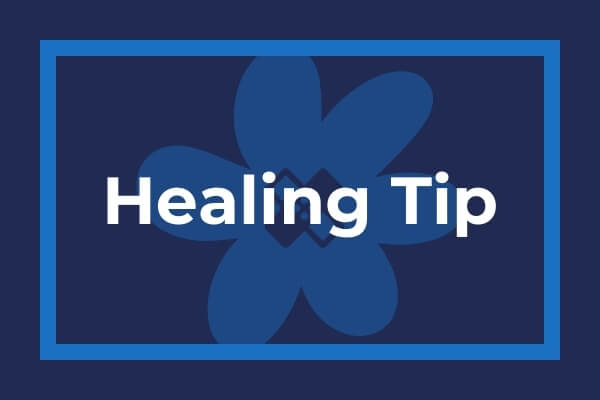Most of us functioned fairly competently in our day-to-day lives—holding jobs or going to school, managing families, reading books, taking care of our health, entertaining friends and family—right up until someone we loved stopped living. Instantly we become disorganized, distracted, distraught, distressed, and disoriented. It’s no wonder everything seems foggy. The things we once did by habit even seem difficult, to say nothing of the more challenging tasks.
Grief can cause confusion, forgetfulness, anxiety, and a lack of concentration we call “Brain Fog.” Have you put the ice cream away in the pantry and the car keys in the freezer? Have you missed an appointment? Or forgotten to brush your teeth? You may have worried that you were going crazy or starting to show early signs of dementia. But these symptoms, the fog and the mental confusion, are actually symptoms of extreme stress and grief. When you are trying to read a book, or concentrate on a movie but find you have no idea what you just read or saw, you have Brain Fog. Grief causes brain fog, because not only are you sad and missing the person you’ve lost, but your brain is preoccupied by the “what if” and “if only” thoughts that are a normal and natural reaction to loss.
To help clear some of that fog you need to acknowledge it first. You aren’t going crazy, and you can help yourself focus, but you will benefit from staying with the feelings for a while so you can process them. It is normal to drift out of focus in response to conscious or unconscious memories of the person who died. When you notice this happening, take a “grief break” with someone you trust; it might help you get back to focus. If you can avoid making big decisions for a while, you might try to wait so that more of your mental capacity comes back on line. It is also important to take care of the physical—nourish your body with healthy food and water. If you are not sleeping well, it could be a good time to seek help for that. Most importantly, be gentle with yourself, this fog is normal and will, with time, become easier to manage.

